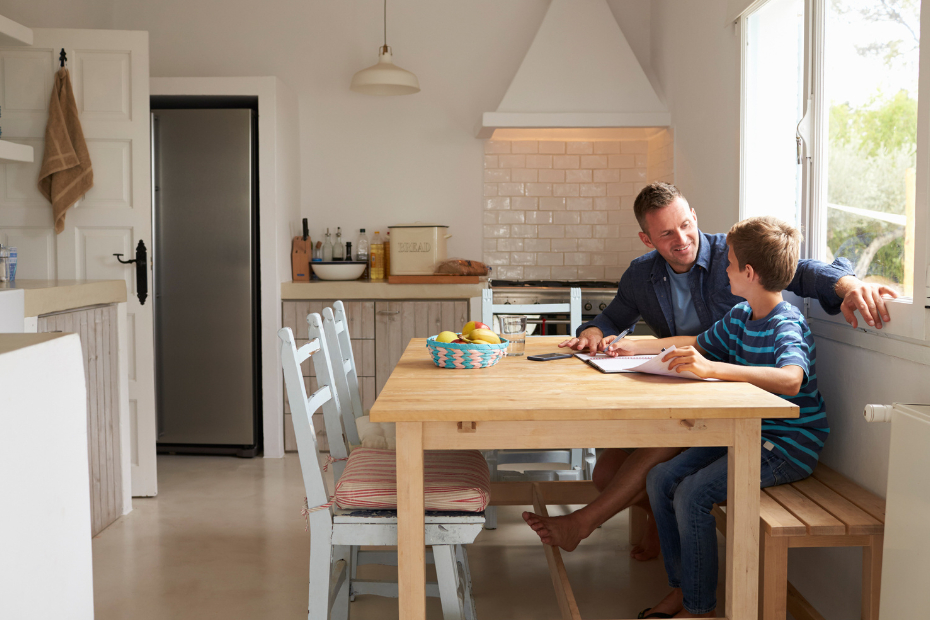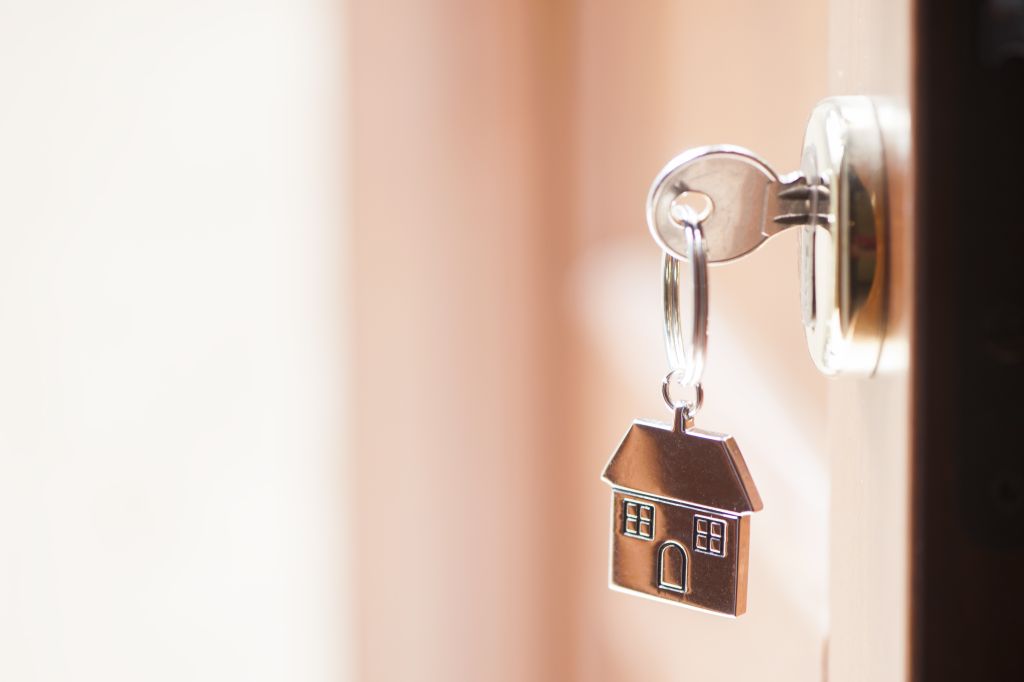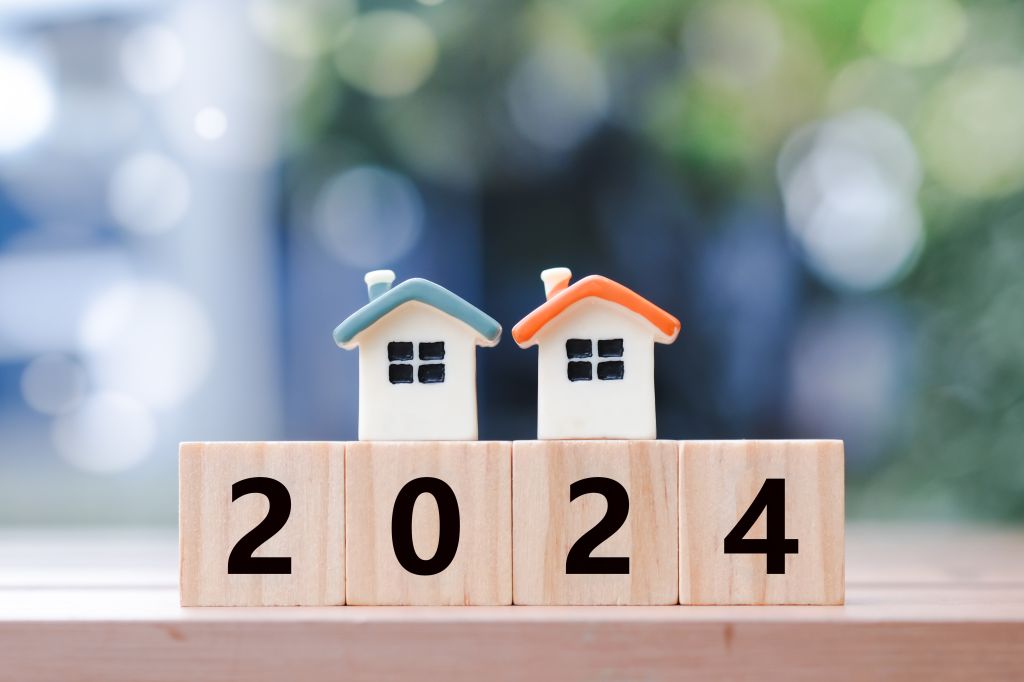Published August 23, 2023 • 4 Min Read
If you’re concerned about increasing your home’s energy efficiency while reducing your environmental impact, making certain improvements can be a step in the right direction. You can make several smart renovations to your home that could yield energy savings for years to come.
Home improvements for a energy-efficient home
When deciding which upgrades to make, there are a few things to consider, starting with your potential energy savings. The more efficient your home becomes, the more you could save on utility costs, which in turn could reduce the amount of greenhouse gas emissions generated by heating, cooling, and powering your home.
It’s also helpful to think about the time and money you may need to invest in completing the renovations. Some energy-efficient home improvements are easier and less expensive to complete than others. So it’s wise to factor in your timeframe and budget when deciding which ones to tackle first.
With that in mind, here are some energy-efficient renovation ideas to help reduce your household energy usage.
-
Heat Pumps. Although the name might be a little misleading, a heat pump can both heat and cool your home. Because they use much less electricity than traditional heating and cooling systems, you could save hundreds of dollars in energy bills over time, offsetting the upfront costs of installation within a few years.
-
Energy-efficient windows and doors. Swapping out your current windows or doors for energy-efficient ones can save energy if your home is more insulated as a result. If you cannot tackle a large-scale replacement effort, you can still make a difference in your home’s energy use by sealing up cracks around windows and doors and installing some inexpensive weather stripping.
-
Upgraded insulation. Ensuring that your household temperature is well regulated can reduce the strain on its heating and cooling system, which can lower your energy consumption and utility costs. If you have a basement or crawlspace, insulation can also reduce humidity and help prevent mould.
-
LED lighting. If you’re still using incandescent bulbs, switching to LED lighting is a simple, low-cost improvement to improve your home’s energy efficiency. Not only do LED bulbs use less energy, but they can also last much longer than traditional bulbs.
-
Low-flow shower heads and low-flush toilets. Installing a low-flow showerhead can reduce water usage, saving energy costs. Low-flush toilets can also help to conserve water by using fewer litres per flush.
-
Programmable thermostat. A swing of just a few degrees higher or lower can make a big difference in how frequently your heating or cooling system kicks on, and how much energy it uses. Programmable thermostats make it easier to control the temperature throughout the day, including when you might be sleeping or away from home.
-
Energy-efficient appliances and systems. Replacing old appliances with more energy-efficient models is a relatively easy upgrade. You can pull out your old stove or fridge and slide a new one in for instant energy savings. If you’d like to go a little bigger, consider replacing your hot water heater or HVAC system with an Energy Star-certified model.
Planning and financing your energy-efficient home renovations
Getting a home energy audit can help you identify the areas of your home that can benefit most from green improvements. An audit analyzes your home room by room to measure how much energy is being used and where you may be able to curb usage.
Once you know what you need to address with the audit, you can weigh your options for paying for renovations. That may include applying for government assistance or getting a low, fixed-rate loan with flexible terms that fit your budget.
This article is intended as general information only and is not to be relied upon as constituting legal, financial or other professional advice. A professional advisor should be consulted regarding your specific situation. Information presented is believed to be factual and up-to-date but we do not guarantee its accuracy and it should not be regarded as a complete analysis of the subjects discussed. All expressions of opinion reflect the judgment of the authors as of the date of publication and are subject to change. No endorsement of any third parties or their advice, opinions, information, products or services is expressly given or implied by Royal Bank of Canada or any of its affiliates.
Share This Article






